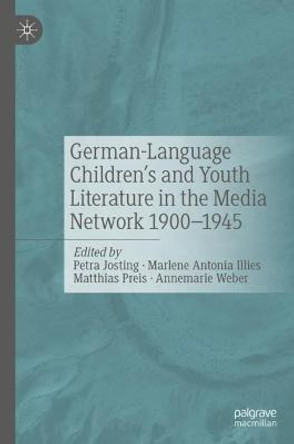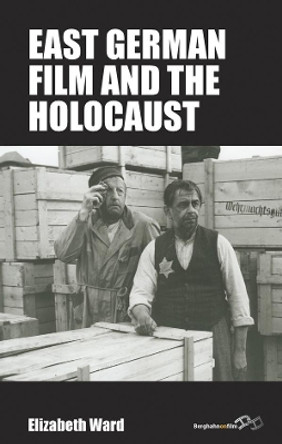Description
About the Author
Ernestine Schlant is Professor of German at Montclair State University. She is author of Hermann Broch (1978) and editor of Legacies and Ambiguities: Postwar Fictionand Culture in West Germany and Japan (1986).
Reviews
"Ernestine Schlant's critique of West German literature is fascinating for her acute perceptions and alertness to blind spots." -- Reform Judaism Magazine
"Schlant's book is thorough; its insightful analyses reveal a talent for delicate, close reading, and her ability to place Piterature in a social context makes the work useful as a reference on the cultural history of West Germany. [The Language of Silence] will surely find a secure place among the best studies of Holocaust literature. Highly recommended to all readers." -- Choice
"Schlant boldly puts a society's literature on the couch, but her underlying meaning is also strong: only individuals are capable of feeling grief and the release that comes with mourning the loss of innocence. Change, therefore, must come one good book and one generous gesture at a time." -- R.Z. Sheppard, Time Magazine
"The Language of Silence is a courageous book. [A]s a study of postwar German fiction, her book is a dazzling achievement. The analysis of [German literature after 1945 is] thorough, often brilliant. Professor Schlant has mastered her craft and the result is a work of great value." -- The Virginia Quarterly Review
"Ernestine Schlant, in her astute, comprehensive, and critical investigation of West German literature and the Holocaust, shows convincingly in representative prose texts of the last forty years how narrative strategies continuously break down and various languages of silence reveal failures, concealments, ambiguities, and involutions. This eminently readable and engaging book is an important contribution to the literature of the Holocaust." -- Walter Hinderer, Professor of German, Princeton University
"Ernestine Schlant has written a book of profound moral and historical importance. She has proved that German literature since 1949 has essentially avoided the Holocaust. She does not exempt famous names such as Gunter Grass and Heinrich Boll from her calm but withering criticism. This book is a landmark of moral courage and historical integrity." -- Arthur Hertzberg, past President, the American Jewish Congress, Bronfman Professor of the Humanities, New York University
"The book is thoughtful and innovative, riveting in its narrative, analysis, and details." -- Booklist
"No other study has systematically interpreted and explored the positions, nuances, and assumptions that reveal how a "language of silence" operates." -- Verona-Cedar Grove Times
"In The Language of Silence, Ernestine Schlant explores the depiction of the Holocaust by German writers in the first five decades after the 'Final Solution to the Jewish Problem.' Schlant has a mastery of her subject and an understanding of all the issues at stake--personal, political, national, historical, and artistic--in the depiction of the Holocaust in contemporary German culture. The Language of Silence is must-reading for all who are interested in the Holocaust, for all who are fascinated by evolving post-war German national consciousness, and for all who want to understand how children and grandchildren come to terms with the deeds of their grandparents. It is a work of uncompromising honesty and scholarship." -- Michael Berenbaum, President, Survivors of the Shoah Visual History Foundation
Book Information
ISBN 9780415922203
Author Ernestine Schlant
Format Paperback
Page Count 288
Imprint Routledge
Publisher Taylor & Francis Ltd
Weight(grams) 530g
Details
Subtitle: |
West German Literature and the Holocaust |
Imprint: |
Routledge |














